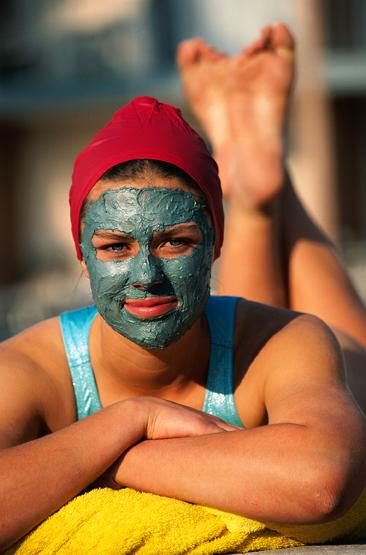About 15 million Americans suffer from Eczema.1 There is no known cure. But there are some options available to help reduce the symptoms. Today, we take a look at a few.
Contrary to common knowledge, the term actually refers to a group of skin conditions, not just one. Dry, scaly skin is the most common.
It burns. It itches. It flakes. And it’s sometimes painful. In more severe cases, it can be red, cracked, crusty, inflamed. You can’t scratch it. You can’t pick at it. These feeble attempts at relief only make it worse. Then it starts bleeding or oozing.
As an open wound, it can quickly become infected. Still, that urge to scratch can be unbearable at times. Intense itching is one of the worst symptoms.
Unfortunately, as we said, there’s no known cure for eczema. But that shouldn’t mean we have to suffer with it.
Over-the-counter remedies may offer some relief. A few soothe the pain, itch, and discomfort. Others make the skin less itchy. But the best you can hope for is brief, temporary relief.
Dermatologists often prescribe cortisone. These drugs are applied topically. They relieve some of the itch and help reduce inflammation and flare-ups. But “chronic use is limited due to the potential for significant side effects.” 1 Moreover, many people are afraid to use cortisone. In one study,72.5% of people worried about using it on their own or their child’s skin. 2
Worrying is no good, as it only leads to undue stress and anxiety. Both can make eczema worse.
On the other hand, stress management techniques like yoga and meditation are good. They can help us relax. In turn, the treatments help relieve stress and help control symptoms. Recuperative sleep is also good because it helps break the “scratch-itch” cycle. 3
Enter the Dragon!
Now, there is some interesting research out of Northwestern University in Chicago regarding acupressure. That’s the ancient Chinese art similiar to acupressure, except without the needles!
A team from the Department of Dermatology did the study. Researchers there tested the effects of acupressure as a home remedy.
They taught 12 adult patients how to use acupressure points. Patients applied manual pressure (with the fingertips) on those points for three minutes. They did this three times per week. After four weeks, patients were less itchy and had less skin changes.
The authors concluded, “Acupressure may prove to be an easily administered alternative treatment, but larger-scale studies are needed to confirm these preliminary findings.” They published their findings in a recent Acupuncture Medicine. 4
According to the National Eczema Society in the U.K., many people with eczema use complementary treatments to reduce the impact of eczema on their quality of life. While they may be worth looking into, use caution when considering alternative or complementary treatments. ‘Natural’ does not necessarily mean safe. There can be side effects. 3
Mayo Clinic suggests these lifestyle and home remedies:
- Try to identify and avoid triggers that worsen the inflammation.
- Apply an anti-itch cream or calamine lotion to the affected area.
- Avoid scratching whenever possible.
- Apply cool, wet compresses.
- Take a warm bath.
- Choose mild soaps without dyes or perfumes.
- Moisturize your skin. Use a humidifier.
- Wear cool, smooth-textured cotton clothing. 5
Editor’s note: AS ALWAYS, please contact your health care professional before making ANY changes to your diet and current treatment.
References
1 http://www.news-medical.net/?tag=/Eczema
2 http://www.ncbi.nlm.nih.gov/pubmed/10809850
3 http://nes.yoomee.com/documents/147
4 http://www.ncbi.nlm.nih.gov/pubmed/22207450
5 http://www.mayoclinic.com/health/eczema/DS00986/DSECTION=lifestyle%2Dand%2Dhome%2Dremedies


Recent Comments